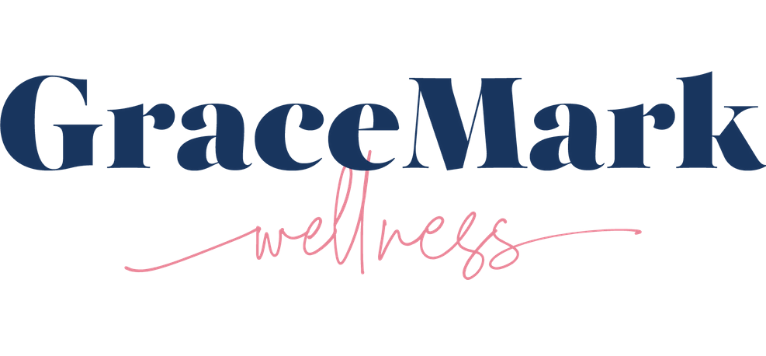Wellness Coaching, Part I: What Is A Wellness Coach?
Wellness CoachinG
A Blog series to answer your questions about the collaborative approach to well-being with meaning
Wellness coach. Health coach. Lifestyle coach. “Coach” is a word that gets thrown around frequently. In our experience, people want to know:
What is a wellness/health/lifestyle coach?
Who can call themselves a coach?
How does a wellness/healthy/lifestyle coach fit into health care?
Who can benefit from coaching and how does it work?
These are some of the questions we want to answer for you with this blog series all about wellness coaching.
By the time you’re done reading, you will have a better understanding of the life-changing possibilities of working with a qualified coaching professional and how this could benefit you and/or people that are important to you.
Let’s start with the basics:
WHAT IS A WELLNESS/HEALTH/LIFESTYLE COACH?
According to the National Board for Health & Wellness Coaching (NBHWC),
“Health and Wellness Coaches partner with clients seeking self-directed, lasting changes, aligned with their values, which promote health and wellness and, thereby, enhance well-being. In the course of their work health and wellness coaches display unconditional positive regard for their clients and a belief in their capacity for change, and honoring that each client is an expert on his or her life, while ensuring that all interactions are respectful and non-judgmental.”
Okay, cool. What does that mean?
Wellness coaches provide expertise (more on this in part II) in building relationships and utilizing core coaching skills that assist the client in:
defining values and desires
creating a plan to create change
-and then-
maintaining the change over time.
Coaches regard their clients as the expert in his/her own life, partnering with their clients using a strength-based focus and solid foundation in best practice gleaned from actionable research data.
As you may have gathered from the explanation above, a coach cannot step in and “fix” the problems their client is experiencing--that simply isn’t their role. It takes effort and intention on the part of the client to be able to move forward and choose to make the change, progressing towards the established goals.
Wellness coaches take inventory of, and build upon, an individual’s previously established strengths. This approach is grounded in contributions from counseling psychology, positive psychology, prevention research, social work, solution-based therapy, and motivational interviewing.
The primary role of a wellness coach is to walk alongside their clients in the journey to developing awareness, accountability, and motivation for behavior change in areas related to wellness (Mayo Clinic).
Coaches often specialize in a specific area of health and wellness. While I enjoy working with clients looking to improve their overall health and well-being in a variety of ways, I’m especially passionate about working with individuals and families living with type 1 or type 2 diabetes/prediabetes.
Even still, within that specialty, I specialize in working with women newly diagnosed with type 1 diabetes (or needing a refresh to their long-standing T1D management routine) to help them take control of their diagnosis in order to live their happiest, healthiest, and most confident life with diabetes.
Research has proven that wellness coaching is an effective medium for improving quality of life, while creating lasting change in the lives of individuals pursuing wellness goals, ranging from biometric benchmarks to stress reduction and everything in between. Some people come to coaching because they already have a defined goal, like increased time in range or lower A1C. Others haven’t figured out the goal yet, but know they want certain things in their health and wellness to shift and need help determining the what, why, and how.
Sure, there’s plenty of science-based success to back up the work of national board certified health and wellness coaches. Where things get interesting is seeing how the art and science of coaching has truly touched the lives of people with goals and dreams for their well-being.
Truly seeing and hearing people, helping them access the power within themselves in order to be the healthiest, happiest version of themselves, equipped with tools to live well for the long haul (not just some quick fix) is rewarding for everyone involved. Together, coach and client put in the work and the results, both tangible and intangible, speak for themselves.
—
How does this information change the image you may have had about wellness coaching prior to reading? Does this bring up some new questions about coaching for you?
Let’s discuss! Book a free coaching session here.
